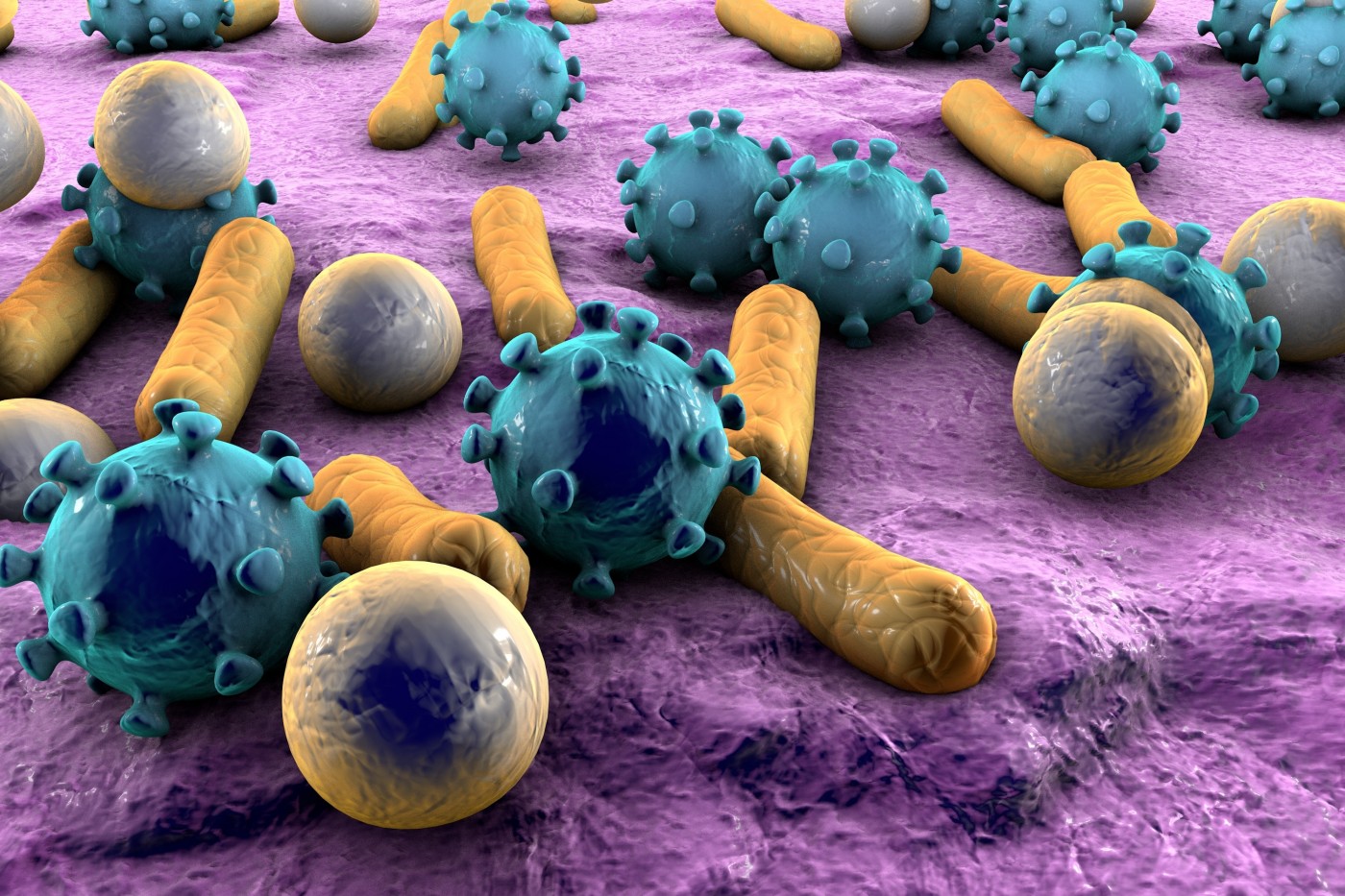MS Antibodies Recognize Protein of Common Respiratory Tract Bacteria, Study Finds
Written by |

Researchers have found a microbial protein from the Haemophilus influenza pathogen that is recognized by antibodies in a subpopulation of multiple sclerosis (MS) patients. The finding supports the idea of a link between microbial infections and neurodegenerative diseases like MS, whose causes are uncertain.
Haemophilus influenza is an opportunistic pathogen that is commonly associated with upper respiratory infections in humans.
The report, “Antibodies from multiple sclerosis patients preferentially recognize hyperglucosylated adhesin of non-typeable Haemophilus influenza,” was published in the journal Scientific Reports.
In a previous study, researchers identified antibodies against a specific gluco-asparagine (N-Glc) glycopeptide — the CSF114 (N-Glc) — in a subgroup of MS patients. That report was the first to suggest that aberrant patterns could trigger the formation of autoantibodies in people with MS.
Glycosylation is a process through which glycans (carbohydrates) are added to other molecules, such as proteins. The human collection of glycoproteins lacks this unique modification. That knowledge led the team of researchers to hypothesize that the origin of the modified protein could be from bacteria, such as Haemophilus influenza. In fact, this type of modification only occurs in certain bacteria, where it is most commonly found on proteins expressed at the bacteria cell surface, such as adhesins.
In this study, researchers produced a unique set of defined glucosylated adhesin proteins, taking advantage of the biosynthetic machinery of Haemophilus influenza.
They found a hyperglucosylated protein domain, based on the cell-surface adhesin HMW1A, that was targeted by antibodies from the sera of an MS patient subpopulation. Researchers performed further experiments and found that the purified antibodies cross-reacted with myelin of the spinal cord tissue in an experimental animal model of MS.
“H. influenzae hyperglucosylated adhesin I (Glc) is the first example of an N-glucosylated antigen that can be considered a relevant candidate for triggering pathogenic antibodies in multiple sclerosis,” the researchers wrote.
“Some microbes can remain latent in the body with the potential for reactivation, the effects of which might occur years after initial infection,” the researchers wrote.
Future studies are required to understand the molecular mechanisms of such recognition, and how they impact MS onset and development.


